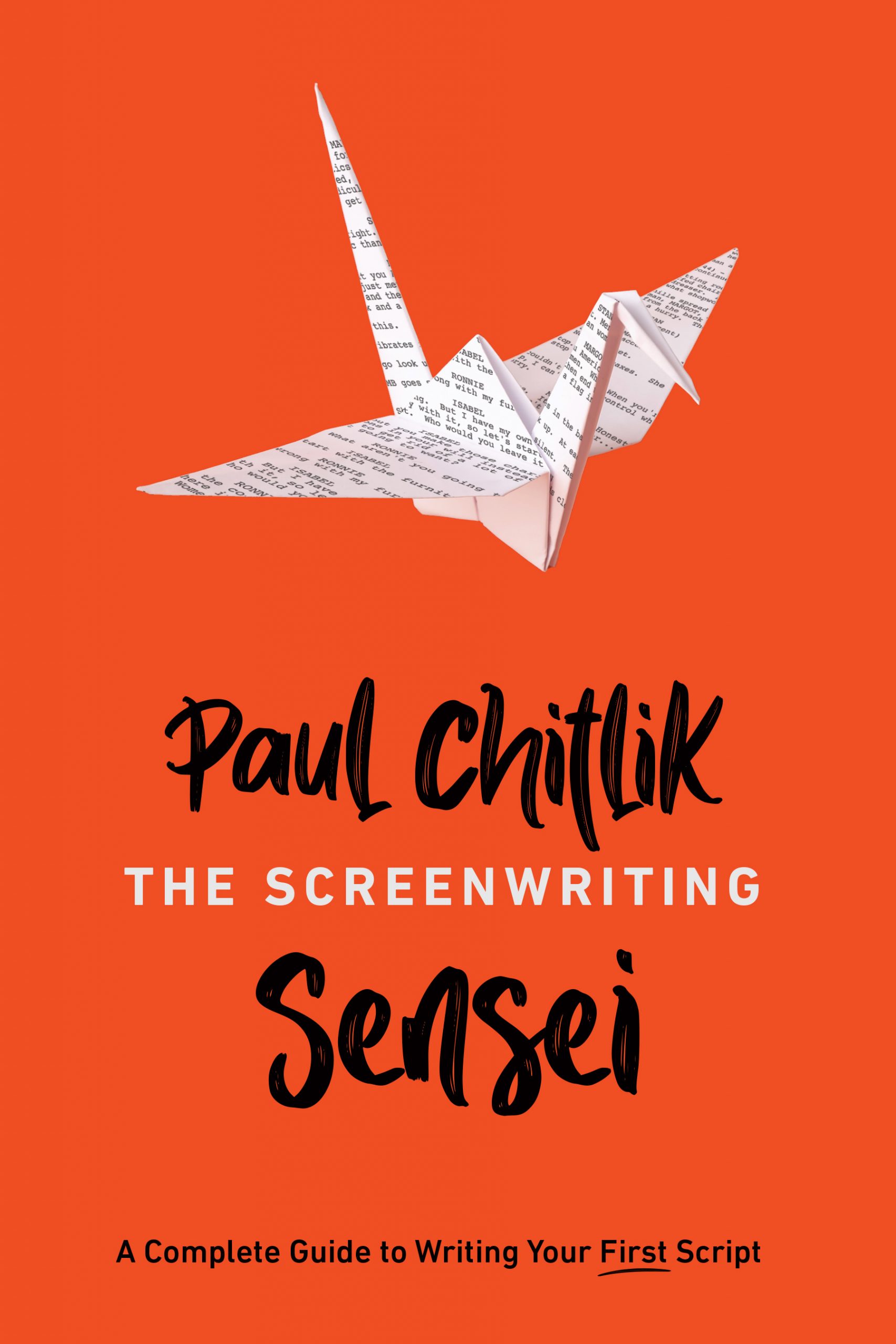There I stood, all five eight of me, poolside at the Hollywood Roosevelt Hotel, soaking wet in my retro bathing suit, holding a dry pair of tickets to the Emmys that night, in front of a gorgeous woman, and I didn’t know who I was, where I was, or why I was. Or, just as importantly, who she was and what she was to me.
Over the course of the next few days I discovered I was a thirty-something Emmy winning writer-actor showrunning a popular sitcom, but I had to learn about that one detail at a time until my memory came back. Then I realized I could be anyone I wanted to be, but I had to decide who that was and what that would mean for my girlfriend, my wife, my kids, my father, my brother, my cast, my agent, my PR maven, my assistant, and a 135 other people who depended on me for their livelihoods or their lives.
I had the opportunity to change my life completely, and I did, eventually doing something real for other people while my gay sitcom character came out as straight and flipped the script on my show and my life.
































